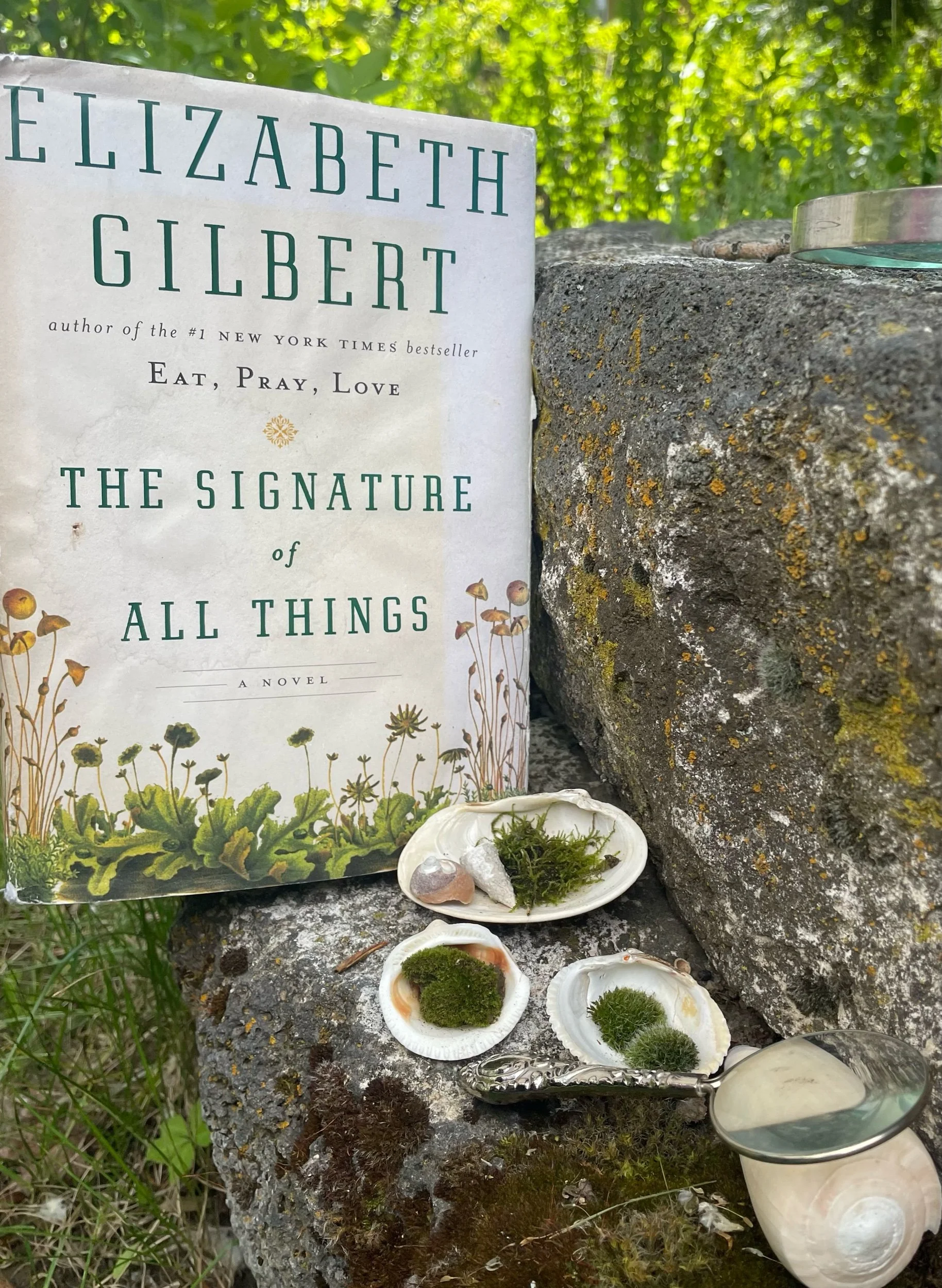All tagged nineteenth century
Some books sweep the reader away to a specific place and time within the first lines. In the case of Australian writer, Tea Cooper’s novel, The Naturalist’s Daughter (2024), this certainly holds true. Cooper’s newest historical fiction opens amid the many oddities of a naturalist’s workroom in the backwaters of New South Wales, Australia. The year is 1808 and readers immediately meet the child Rose. She is a delightful young heroine who assists her father’s work which focuses on observing and documenting the curious creature now known as platypus (known by many names in the nineteenth century including Aboriginal mallangong).
So often writers tease out an elaborate story by asking a series of compelling what-ifs. In the case of Percival Everett’s most recent novel, James (2024), this is certainly the case. Everett spins an alternate history of American slavery that draws the reader in and provokes readers to reconsider certain narratives. Because, what if? James is the tale of the enslaved man readers met a century ago in Mark Twain’s Adventures of Huckleberry Finn, but Everett’s Jim is far more complicated and dynamic than his literary debut (à la Twain) depicted.
Peppered with factoids and historical references that dangle carrots over plenty of delightful rabbit holes, Elizabeth Gilbert’s novel, The Signature of All Things (2013), is a thoroughly researched historical fiction that quickly drew me in. Readers absorb all sorts of botanical and nineteenth-century truths— like ginseng is native to North America (Midwest to Maine)— and countless other little facts, references, and interwoven historical moments. Gilbert’s hefty historical fiction deftly interweaves scientific and historical research into the life of a nineteenth-century woman. Indeed, the novel centers on the life of one woman. Readers observe her, from birth to death, and the many scientific and social shifts witnessed over the century during which she lived. The novel opens with her birth, then takes a momentary pause in her story to tell that of her father’s youth. The Signature of All Things explores myriad themes, bold characters, and plenty of actual historical facts, but upon careful consideration, this is a story about adaptation in both scientific and human terms.
Tracy Chevalier has written many an impressive historical fiction (Girl with The Pearl Earring being probably her most famous). I picked up At the Edge of the Orchard (2016) this spring and allowed myself to fall into the historical spaces the book brings to life. This novel is divided into two halves. The first half, set in Ohio’s Black Swamp, in the 1830s alternates perspective between a husband and a wife. The second half follows their youngest son on his meandering journey west (through the 1840s and 50s). In this novel, Chevalier’s sparse writing creates characters who come alive amidst the harsh conditions of nineteenth-century pioneer life.
Willa Cather’s Death Comes for the Archbishop (originally published in 1927) is the story of Fathers Jean Latour and Joseph Vaillant as they arrive in the New Mexican dioceses in 1851 as its new, young Bishop and Vicar respectively. The novel follows their lives as they grow to love and respect the land and its people: the various indigenous groups with their many ways of life, the Mexican families who settled the land generations before, and the newly arrived Euro-American settlers.
Thomas Hardy is famous for his later novels like Tess of the d’Urbevilles and Far From the Madding Crowd, but this winter I decided to pick up one of his early works, A Pair of Blue Eyes (originally published in 1873) and I did not regret it. A Pair of Blue Eyes was Hardy’s third novel (published serially) and the first he published under his own name.
Book review of Ta-Nahesi Coates’ debut novel The Water Dancer (2019). From its first sentence—the rambling, fluid 100-word sentence/paragraph—Coates establishes The Water Dancer (both in diction and style) as a story about memory and one closely tied to water. This novel eloquently re-frames the Underground Railroad story, placing it in the intimate and profoundly personal experience of his protagonist, Hiram Walker.
In the weeks leading up to Halloween 2018, my family headed east to Boston and coastal Massachusetts. In addition to the Boston downtown (and all its Freedom Trail historical glory), we visited both Salem and New Bedford, Massachusetts. In preparation for our trip I chose to read Hawthorne’s The House of Seven Gables and Sena Jeter Naslund’s Ahab’s Wife: or, the Star Gazer (1999).








